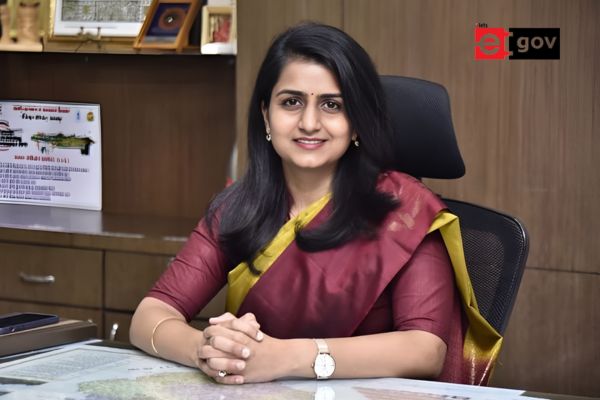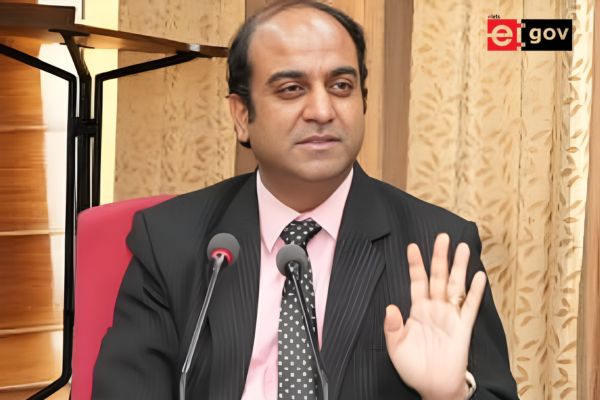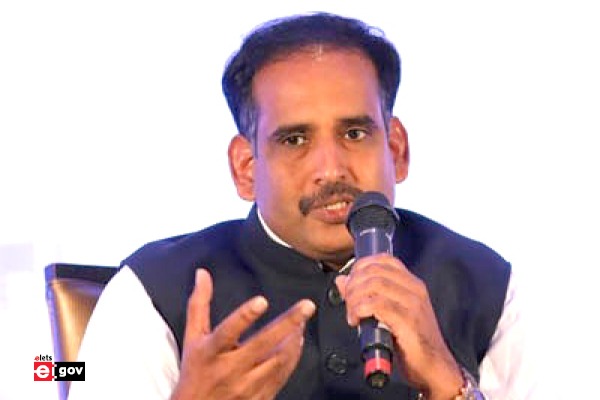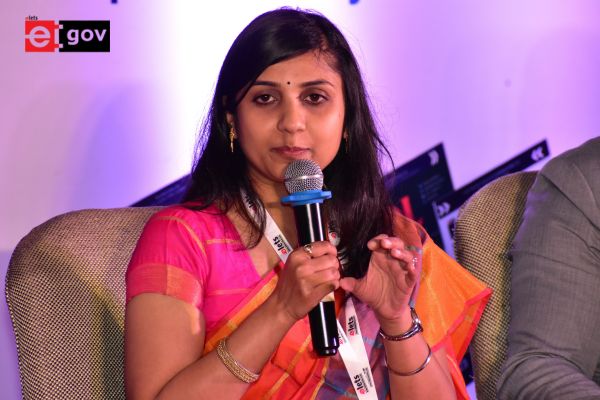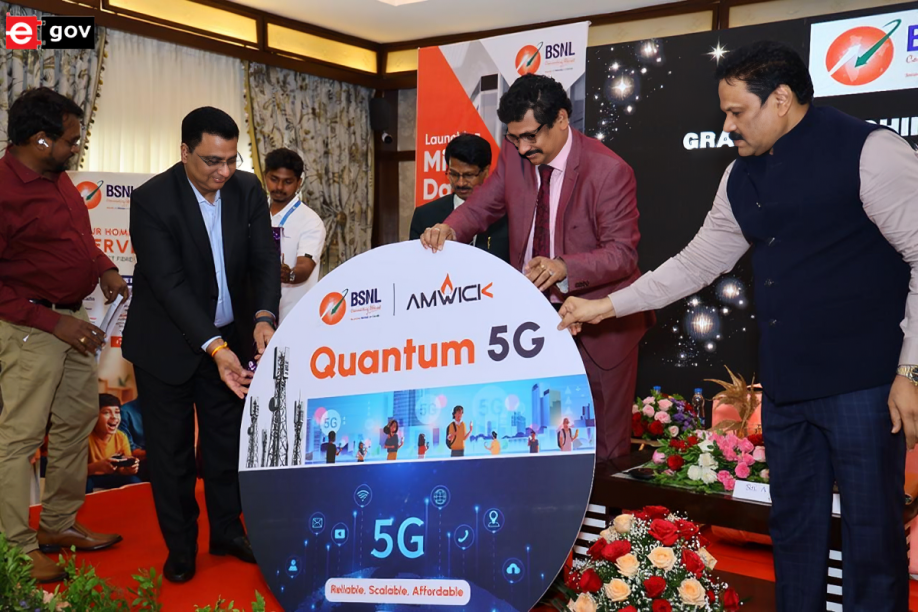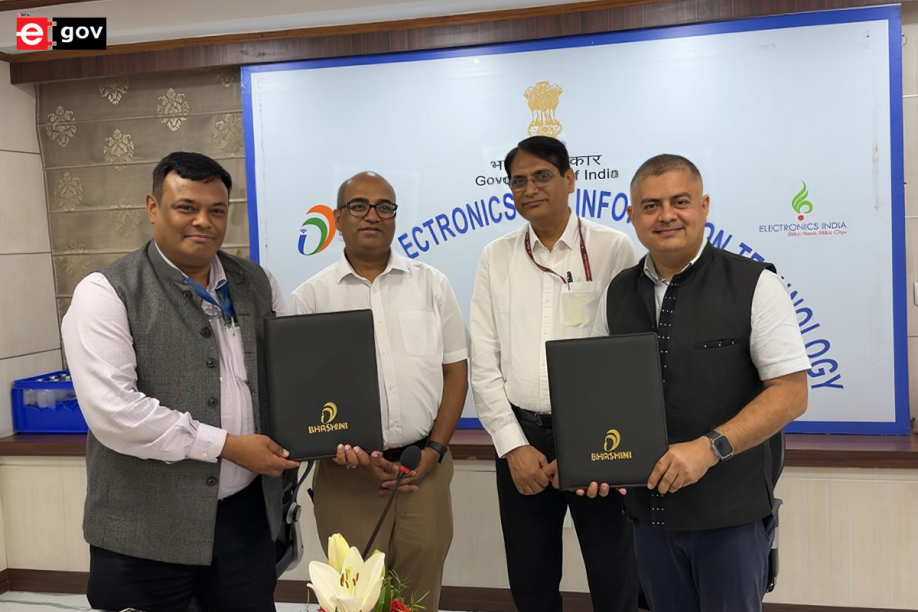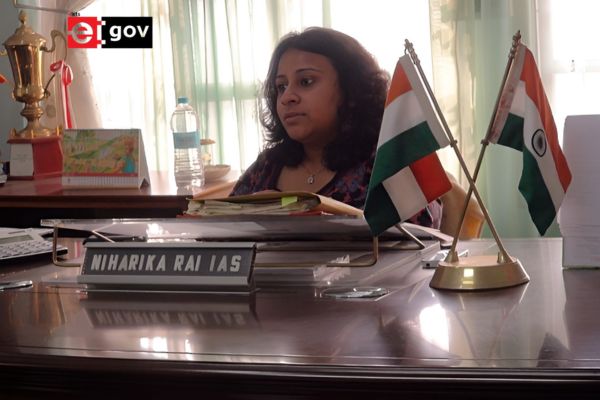
Union Minister for Railways, Information & Broadcasting, and Electronics & IT, Shri Ashwini Vaishnaw, announced transformative developments in India’s railway sector during a media briefing at Rail Bhawan, New Delhi. He detailed three key infrastructure projects approved by the Cabinet Committee on Economic Affairs (CCEA) to enhance connectivity and economic growth in Maharashtra, Madhya Pradesh, and Uttar Pradesh.
Railway Projects to Supercharge Connectivity

Highlighting a 375 km expansion, the Minister unveiled multi-tracking projects: the Jalgaon–Manmad 4th line (160 km), Bhusawal–Khandwa 3rd & 4th lines (131 km), and Prayagraj (Iradatganj)–Manikpur 3rd line (84 km). These projects aim to boost passenger and cargo movement between Mumbai and Prayagraj, benefitting regions like Khandesh in Maharashtra and Purvanchal in Uttar Pradesh.

The projects will serve as critical feeders to the Eastern Dedicated Freight Corridor (EDFC) and enhance connectivity to key ports, including Jawaharlal Nehru Port, Mumbai, and the upcoming Vadhwan Port, streamlining the transport of agricultural and industrial goods. The Minister emphasized the projects’ role in improving logistics, enabling a 50 million ton annual increase in cargo capacity, and driving socio-economic progress.

Shetkari Samridhi Rail: A Game Changer for Farmers

The Shetkari Samridhi Rail, operating between Deolali and Danapur, has become a lifeline for farmers, achieving 200% occupancy. This innovative service, combining passenger and agricultural cargo coaches, allows small-scale farmers to transport produce in varied quantities—from half a quintal to 10 quintals. Plans are in place to replicate this model across other regions to further empower farmers with cost-effective transportation options.
Kavach 4.0: Revolutionizing Safety Standards
The Minister announced the rollout of Kavach 4.0, an advanced Automatic Train Protection (ATP) system. With 10,000 locomotives slated for installation within six years, Kavach 4.0 promises to enhance operational safety and efficiency. Over 1,000 km of rail lines are already equipped, with nationwide implementation progressing rapidly. Compared to global benchmarks, India’s ambitious timeline for Kavach deployment significantly outpaces similar projects in other countries.
Green and Economic Impact
The railway expansion will deliver extensive environmental and economic benefits. By saving 15 crore liters of diesel annually and reducing CO2 emissions by 271 crore kilograms, equivalent to planting 15 crore trees, the projects underscore the government’s commitment to sustainability. The total cost of ₹7,927 crore will be recouped through enhanced efficiency and increased freight capacity.
Cultural and Tourism Boost
The expanded network will improve access to iconic pilgrimage and heritage sites, including Nashik’s Trimbakeshwar, Khandwa’s Omkareshwar, and Varanasi’s Kashi Vishwanath, alongside UNESCO World Heritage Sites like Ajanta and Ellora Caves and Khajuraho. This connectivity will catalyze religious tourism and bolster local economies.
Also Read | Indian Railways Synergises Freight Corridors with Multi-Modal Infrastructure
These projects, positioned along the Mumbai-Prayagraj-Varanasi corridor and Mumbai-Howrah golden diagonal, promise to elevate India’s rail infrastructure, contributing to its vision of sustainable development and inclusive growth.
Be a part of Elets Collaborative Initiatives. Join Us for Upcoming Events and explore business opportunities. Like us on Facebook , connect with us on LinkedIn and follow us on Twitter, Instagram.
"Exciting news! Elets technomedia is now on WhatsApp Channels Subscribe today by clicking the link and stay updated with the latest insights!" Click here!




